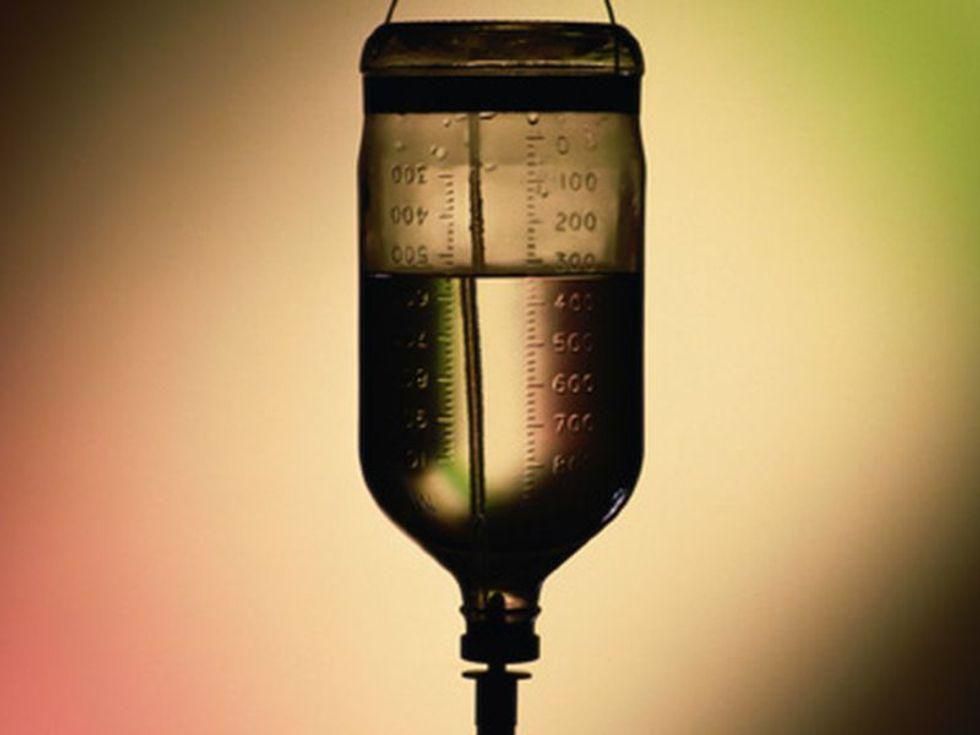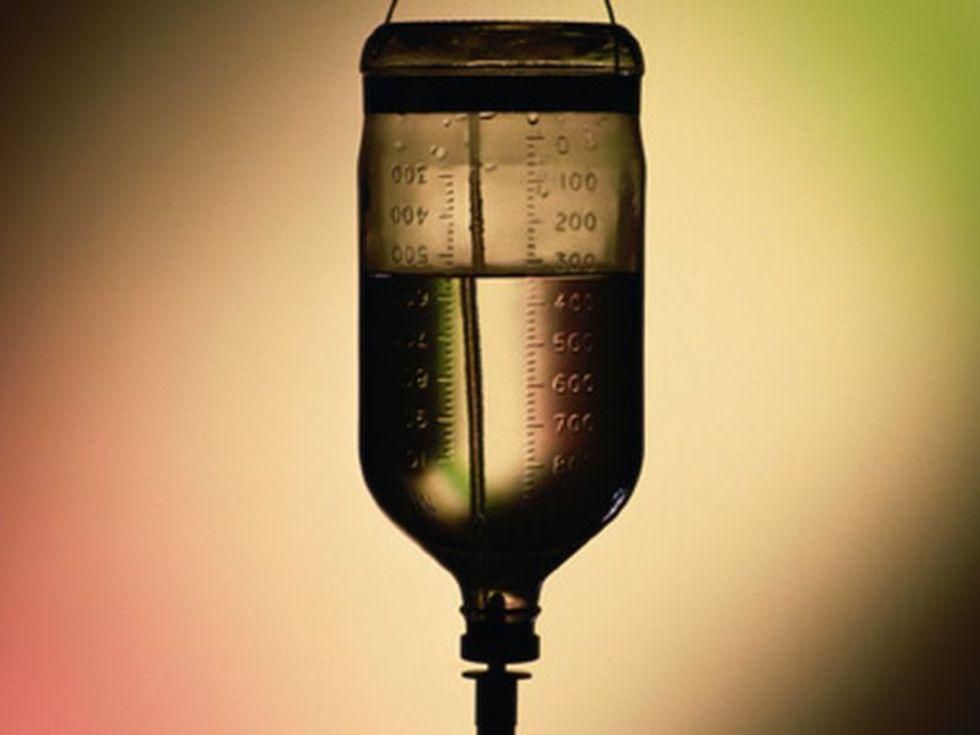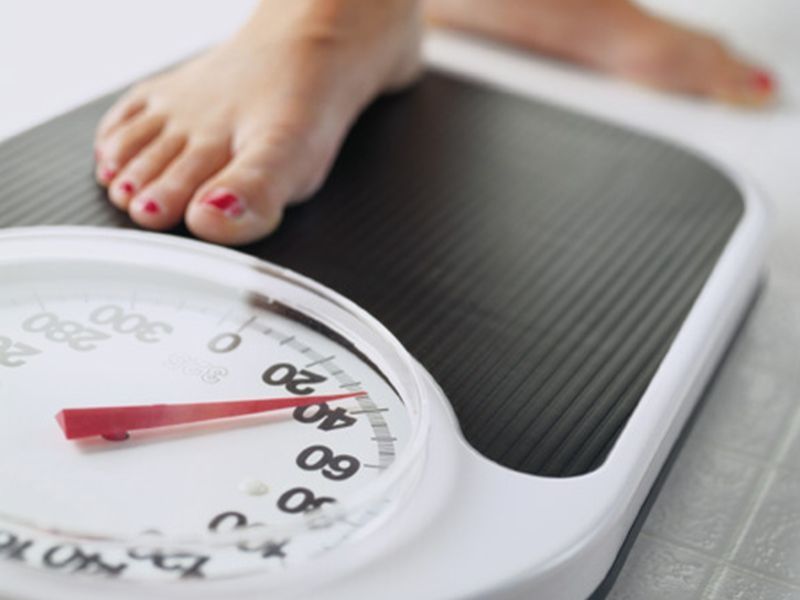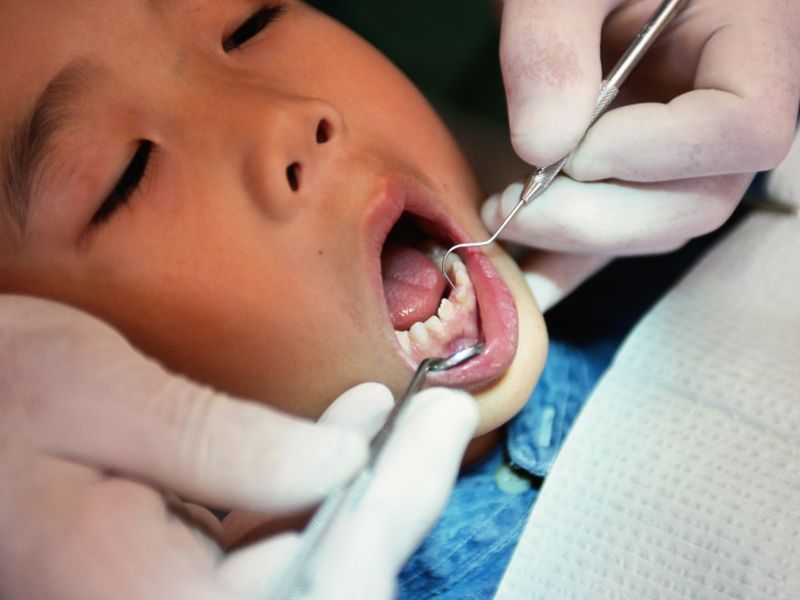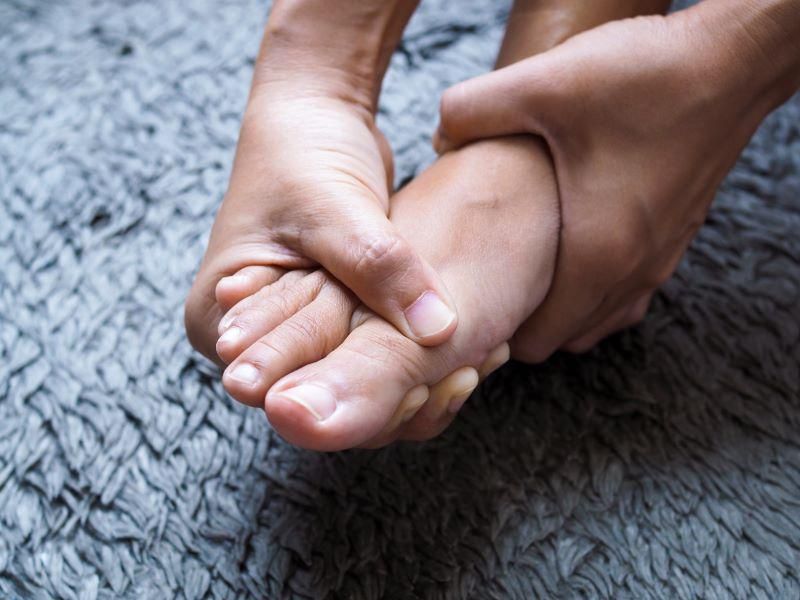
Belly fat is usually unwelcome, but new research suggests it may actually be good for something: relief from foot pain. A small pilot study suggests that an injection of a patient’s own fat cells can help ease the often-excruciating heel pain brought on by a condition known as plantar fasciitis. “We take a small amount… read on > read on >











